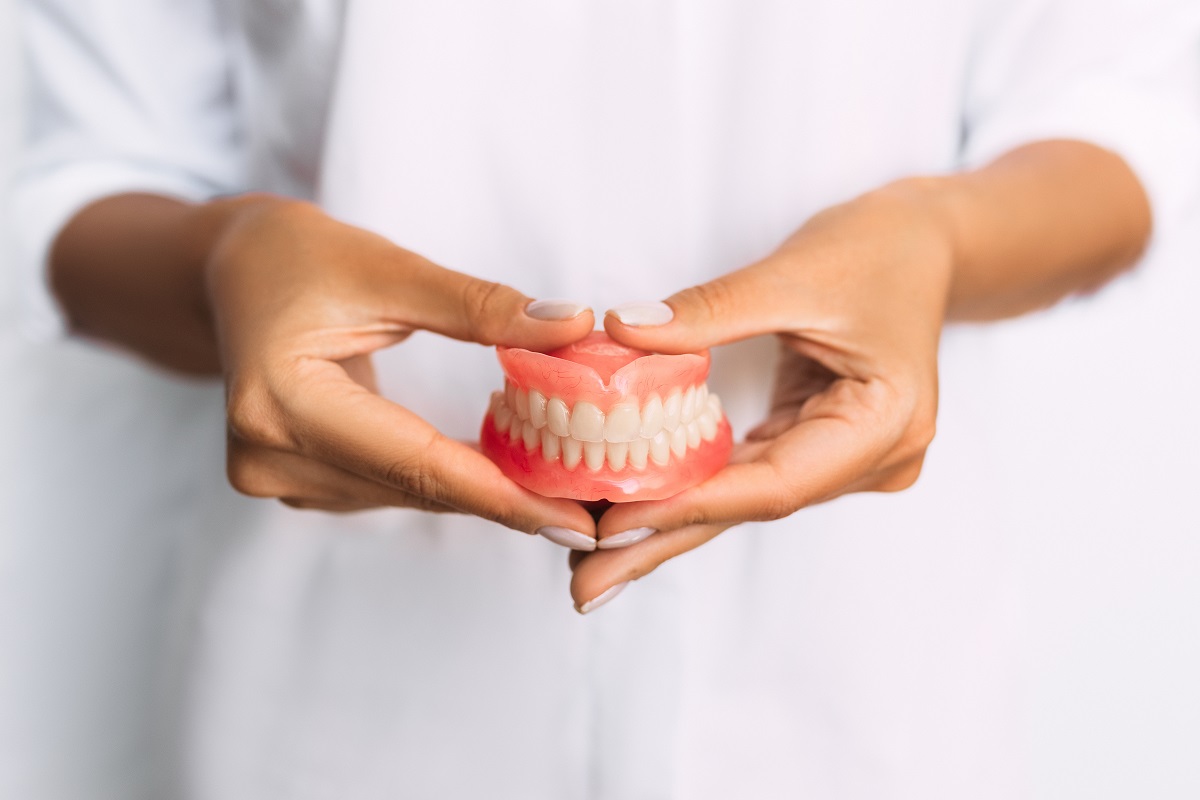Loose Dentures? Here’s why they Occur and What You can do About Them

Dentures have long been a very affordable and effective replacement solution for many who have a few or several of their teeth missing. However, they can be a nightmare when they don’t fit properly. Difficulty chewing and speaking, mouth sores, pain, cuts, gum irritation, blisters, and oral infections are some of the issues that loose dentures can cause. So what exactly can cause your dentures to suddenly become loose? And what can be done about it? If you’re looking for denture repair near me, a local internet search would be your best bet. Otherwise, Keep reading to find out.
Your Oral Tissues are Adapting

This is especially common if you are new to wearing dentures. This occurs because of the natural healing process that your dental tissues undergo after the extraction of your remaining natural teeth. Following this extraction, your dental tissue becomes inflamed; this is completely normal and is an expected part of the healing process. However, if your dentures were fitted immediately after the extraction, you will notice that their initial snug fit gradually becomes loose as healing occurs (inflammation goes down) and the tissue recedes.
What can be done – In most cases, your denturist knows that these changes are inevitable and will properly prepare you for it by scheduling an appointment to adjust the fit of the dentures.
A Shallow Upper Palate
Being able to retain your upper denture depends heavily on a good amount of suction from the roof of your mouth. This means that if you have a deeper palate, your dentures will fit better. However, if your palate doesn’t have enough depth, it can cause your upper denture to become loose.
What can be done – Usually, your dentist will recommend that you use a denture adhesive to keep the denture in place.
Shallow Ridge in Your Lower Jaw

The depth of the ridge on your mandible (lower jaw bone) can affect the way your dentures fit and unlike the upper jaw, which is easier to manage, this situation is a little more complicated. This is because your tongue may also be constantly trying to kick the denture out of place.
What can be done- Denture adhesive doesn’t really do much here. In most cases, a dental implant is placed in the bone to allow the denture securely snap into place.
Bone Resorption
Following the removal of your remaining natural teeth (in anticipation of your complete denture), resorption occurs. This is when your jaw bone, which is no longer needed to support your natural teeth, begins to recede. Bone resorption, in this case, is quite natural, unavoidable and will cause your dentures to become loose.
What can be done- One of the ways to avoid bone resorption and the resulting loose dentures is to get denture implants. The implant which is surgically inserted into the jawbone (mimicking the root of a tooth), supports the denture and prevents bone loss.
Weight Loss

Losing a significant amount of weight (typically above 12-13 kg) can cause your gums to shrink and make your dentures loose.
What can be done – Significant weight loss usually necessitates a denture adjustment. Speak with your denturist about your weight loss plans, so they can help you plan accordingly and get your dentures refitted.
Conclusion:
Having your dentures suddenly become loose can lead to quite the discomfort but they are very common and shouldn’t be a cause for panic. If you notice that your dentures no longer fit properly, immediately contact your denturist to get them refitted to avoid any needless pain and discomfort.




